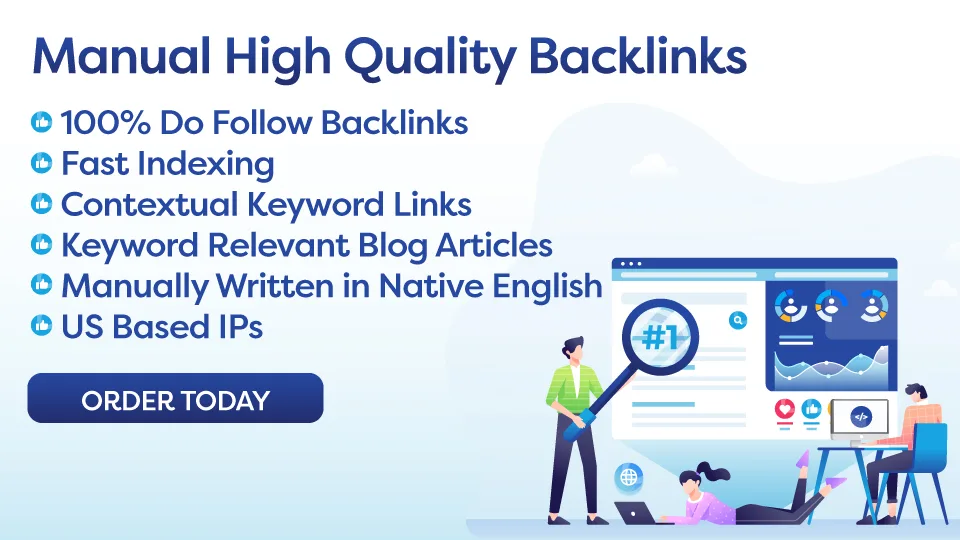Small businesses can boost their online presence with personalized SEO strategies tailored to their specific needs. Understanding SEO basics, customizing strategies, utilizing local SEO, creating quality content, and monitoring performance are key steps. By conducting keyword research, optimizing website content, leveraging Google Analytics, and implementing local SEO techniques, small businesses can attract more customers and achieve digital marketing goals. Consistent effort and adjustment are necessary for long-term success. While results may take time, hiring a professional SEO consultant can expedite the process. Ultimately, personalized SEO strategies are crucial for small businesses to stand out in the competitive online landscape.
Keywords: Personalized SEO strategies for small businesses
Excerpt: Are you a small business owner looking to boost your online presence? Discover personalized SEO strategies to help your business stand out in the digital landscape.
Introduction:
As a small business owner, the importance of having a strong online presence cannot be understated. In today’s digital age, consumers turn to search engines like Google to find products and services, making search engine optimization (SEO) crucial for businesses of all sizes. However, generic SEO strategies may not be enough to make your small business stand out from the competition. This is where personalized SEO strategies come into play. In this article, we will explore how personalized SEO strategies can help small businesses attract more customers and achieve their digital marketing goals.
Key Takeaways:
1. Understanding the basics of SEO
2. Tailoring SEO strategies to your small business
3. Leveraging local SEO to target your audience
4. Creating high-quality and relevant content
5. Monitoring and adjusting your SEO strategy for optimum results
Key Takeaways:
Understanding the basics of SEO:
– Importance of keywords and meta tags
– Utilizing Google Analytics for insights
Tailoring SEO strategies to your small business:
– Identifying your target audience and competition
– Customizing your website content and design
Leveraging local SEO to target your audience:
– Creating Google My Business listings
– Optimizing for local search terms
Creating high-quality and relevant content:
– Blogging and social media marketing
– Implementing user-friendly website design
Monitoring and adjusting your SEO strategy for optimum results:
– Using SEO tools for tracking progress
– Making data-driven decisions for continuous improvement
Action Plan:
1. Conduct keyword research to identify relevant search terms for your business.
2. Optimize your website content and meta tags based on your target keywords.
3. Utilize Google Analytics to track website performance and make data-driven decisions.
4. Implement local SEO strategies to target customers in your area.
5. Consistently create high-quality and relevant content to engage your audience.
6. Monitor and adjust your SEO strategy based on performance metrics for ongoing success.
Conclusion:
In conclusion, personalized SEO strategies are essential for small businesses looking to improve their online visibility and attract more customers. By understanding the basics of SEO, tailoring strategies to your business, leveraging local SEO, creating high-quality content, and monitoring performance, you can create a strong online presence that drives results. Remember to continuously optimize your SEO efforts to stay ahead of the competition and reach your digital marketing goals.
FAQ:
Q: How long does it take to see results from SEO efforts?
A: SEO is a long-term strategy, and results can vary based on various factors such as competition, industry, and keyword difficulty. Generally, it can take several months to start seeing significant improvements in organic search rankings.
Q: Can I do SEO on my own, or do I need to hire a professional?
A: While you can certainly learn and implement SEO strategies on your own, hiring a professional SEO consultant or agency can help expedite the process and ensure best practices are being followed. It ultimately depends on your budget and expertise in the field.

